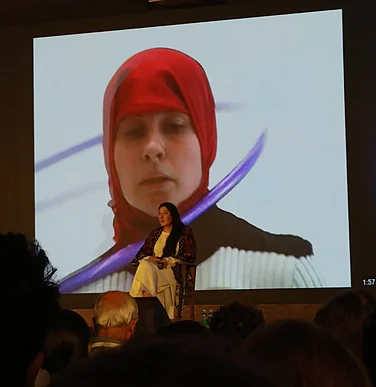Pakistan's electronic media watchdog on Friday ordered local cable TV operators across the country to stop airing Indian channels, warning that stringent action would be taken if they were found violating its orders.
In a statement, the Pakistan Electronic Media Regulatory Authority (PEMRA) mentioned that several operators in the past were found violating the rules set in place by it and the Supreme Court. On Friday, PEMRA ordered its regional offices to conduct enforcement drives on reports of violations by cable operators who were airing Indian channels.
“No channel other than Pemra licensee would be allowed for distribution on cable TV networks and any operator found defying the orders henceforth would be dealt with strictly in accordance with the PEMRA law," the authority said in the statement.
The Karachi regional office conducted surprise inspections in various areas and raided cable operators, namely Digital Cable Network, Home Media Communications (Pvt) Ltd, Shahzaib Cable Network and Sky Cable Vision.
Similar raids were conducted in Sindh's Hyderabad and Punjab's Multan region by the PEMRA enforcement teams and they confiscated illegal equipment and show-cause notices were issued to the violators, the statement said.
Pakistan has banned Indian films and TV channels multiple times in the past. For the first time, it banned Indian films following the war of 1965, which continued for decades but was eventually lifted in 2008 after improvement in the bilateral ties.
The most recent ban on Indian content in Pakistan was imposed in 2016, following tensions between the two countries over the Kashmir issue. The Lahore High Court ruled against the ban in 2018 but the Supreme Court in October 2018 overturned the high court judgment and re-imposed it. The bilateral ban policy hampers cultural ties between the two nations which is an important aspect of broad-based ties.


























